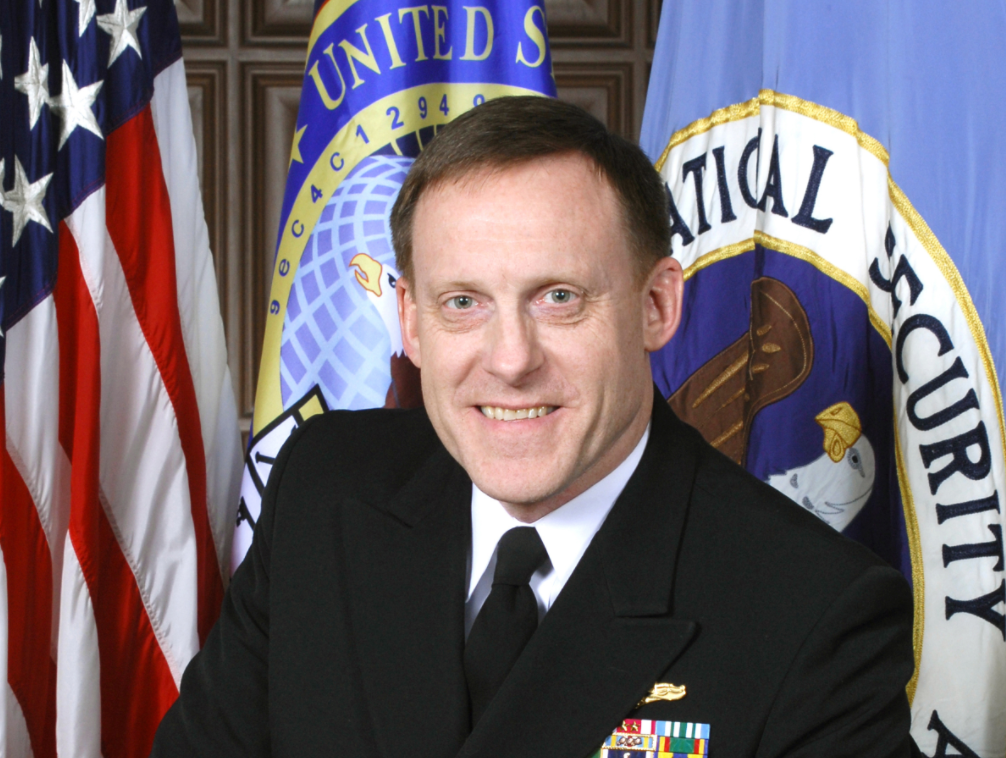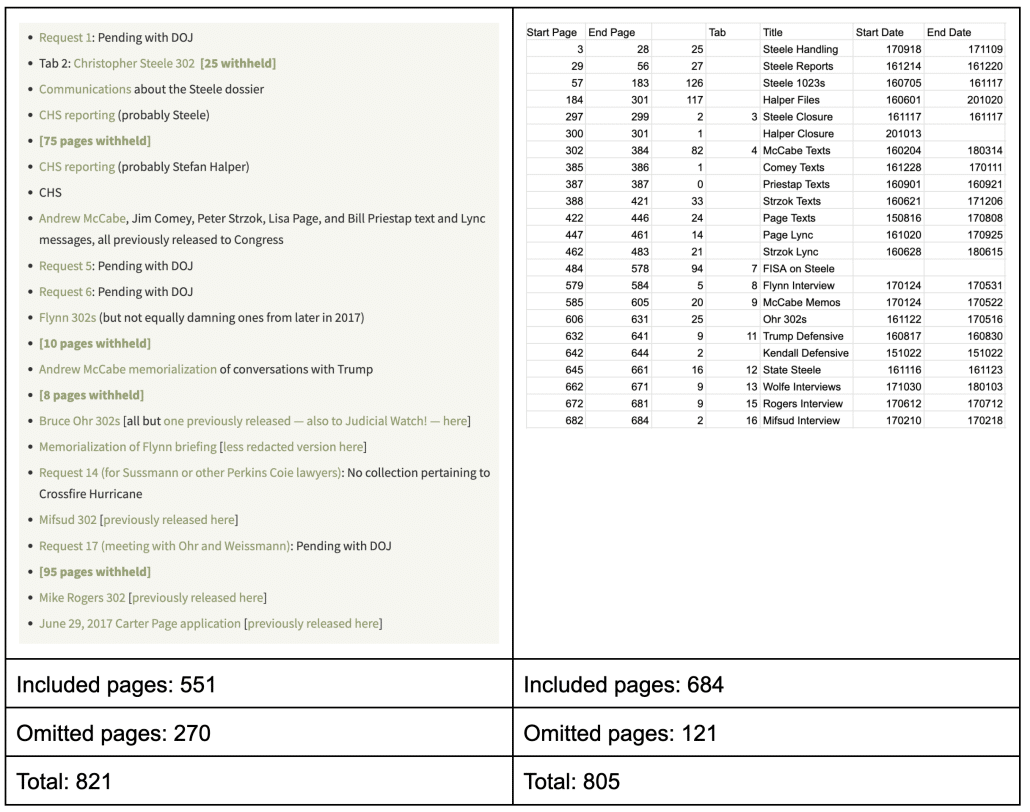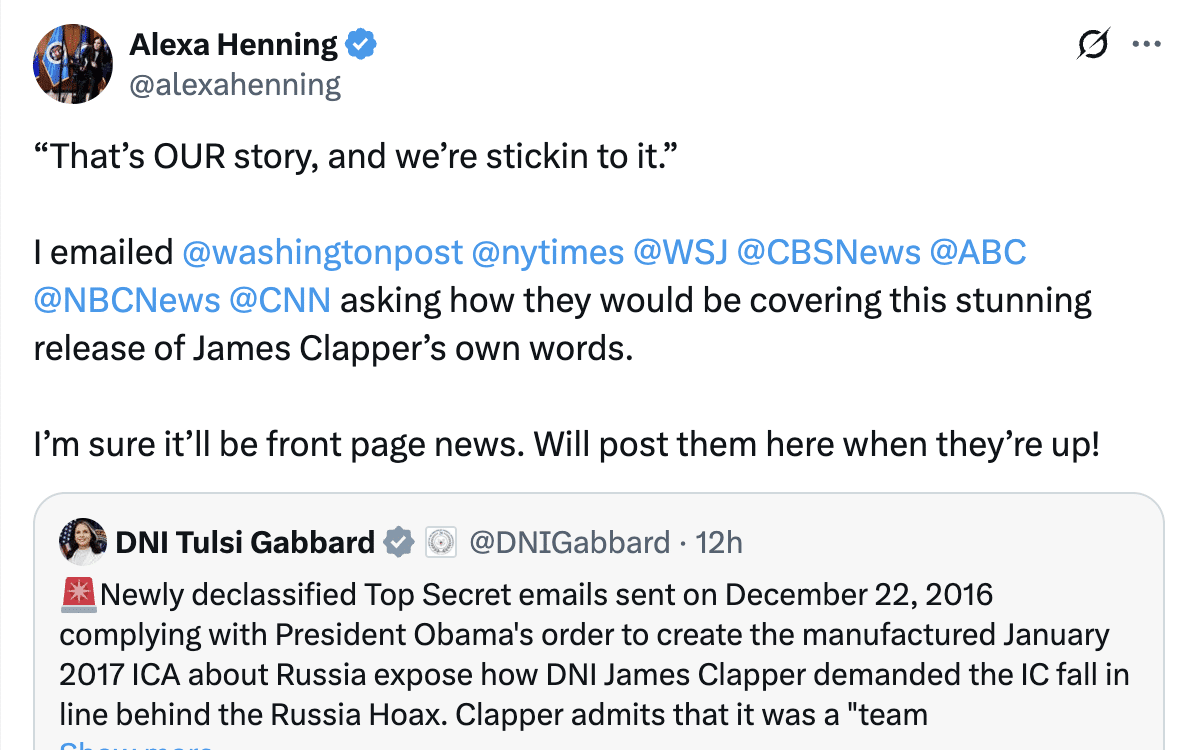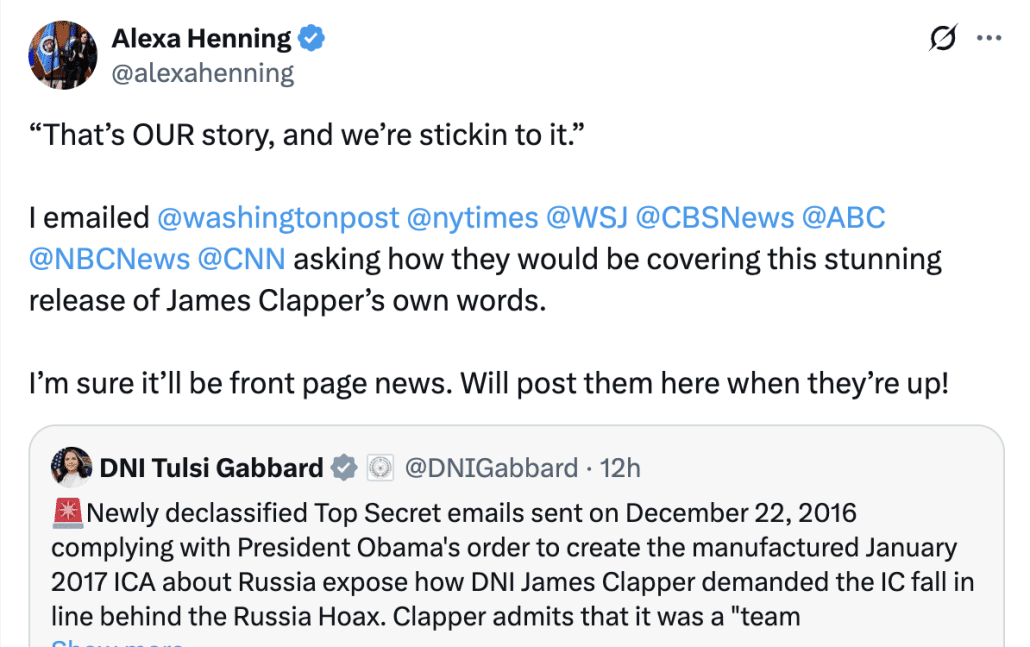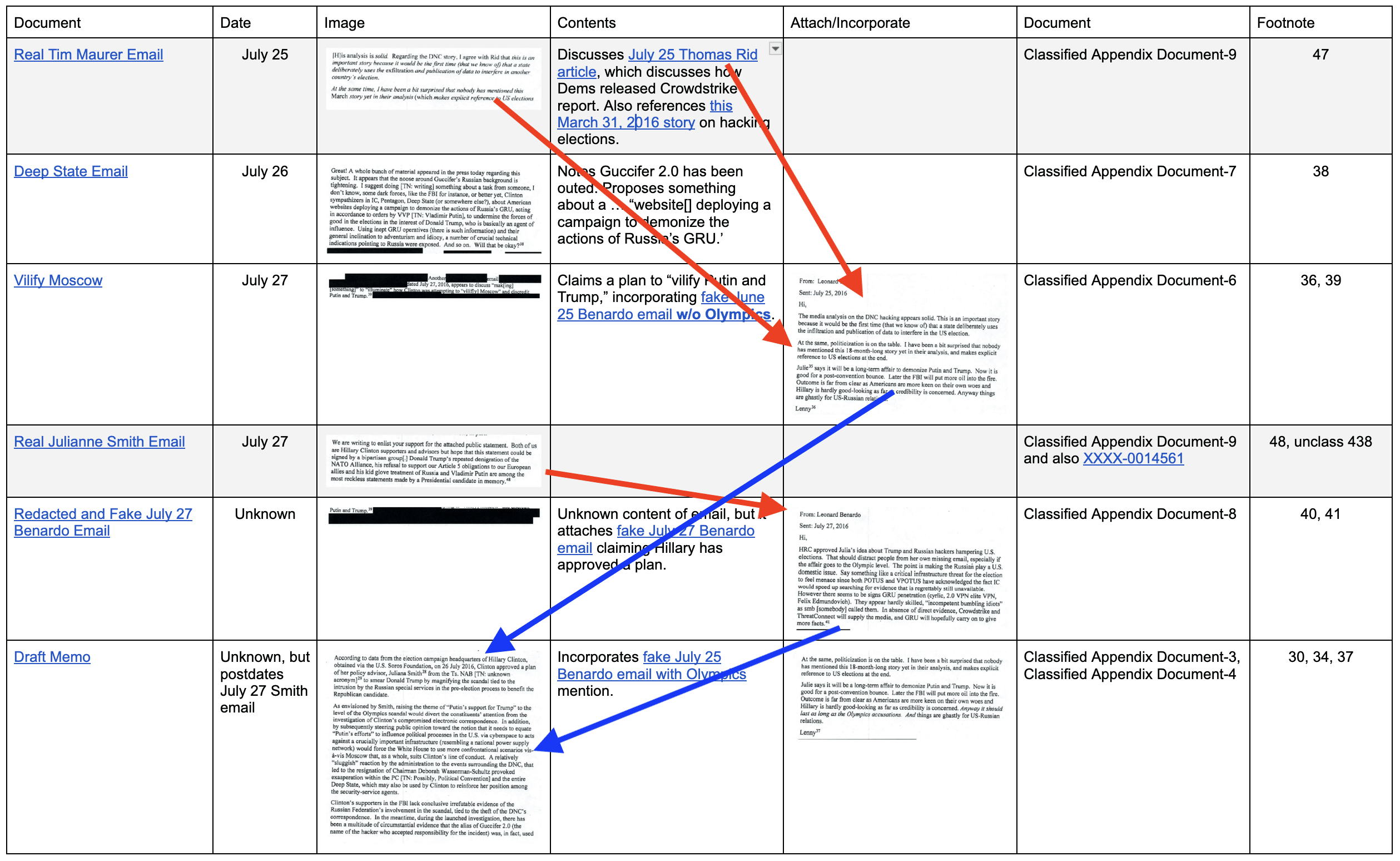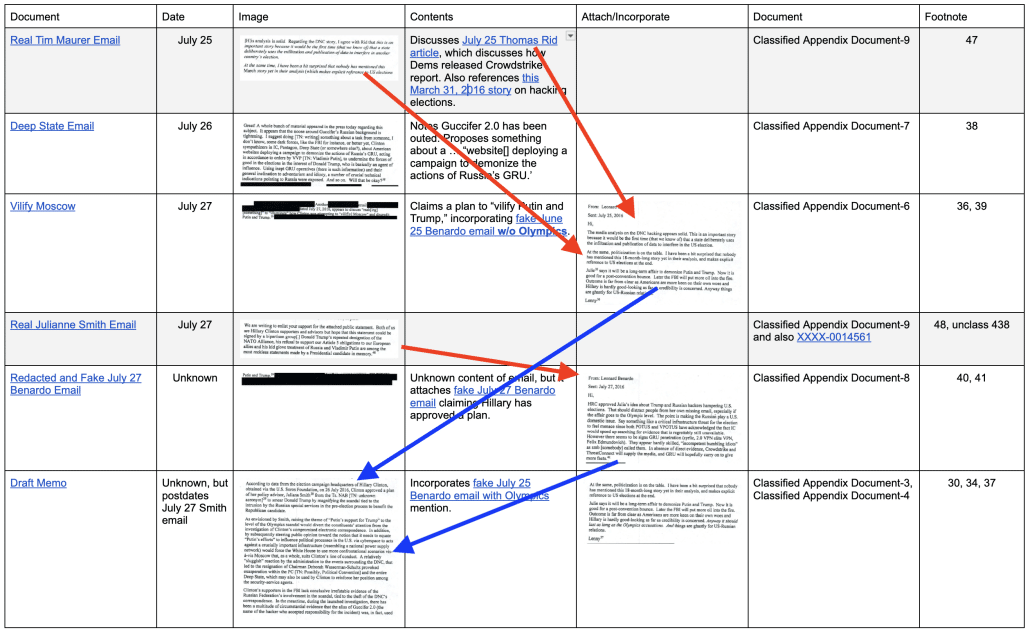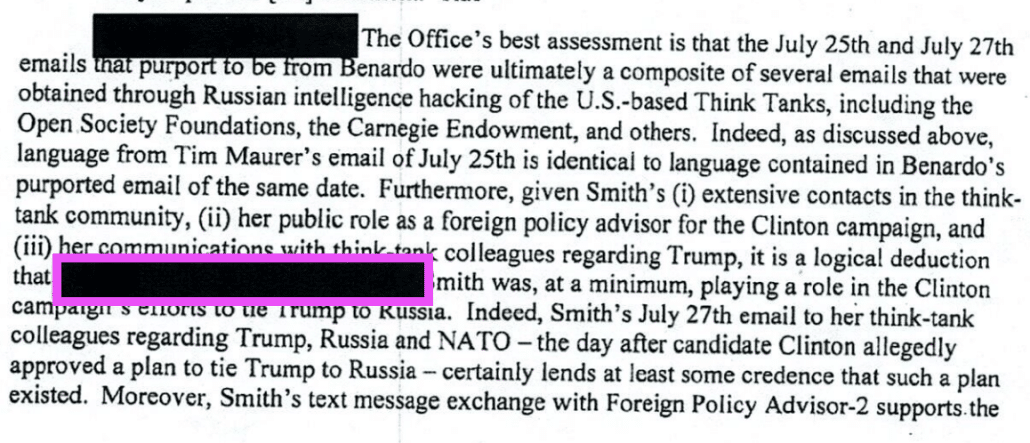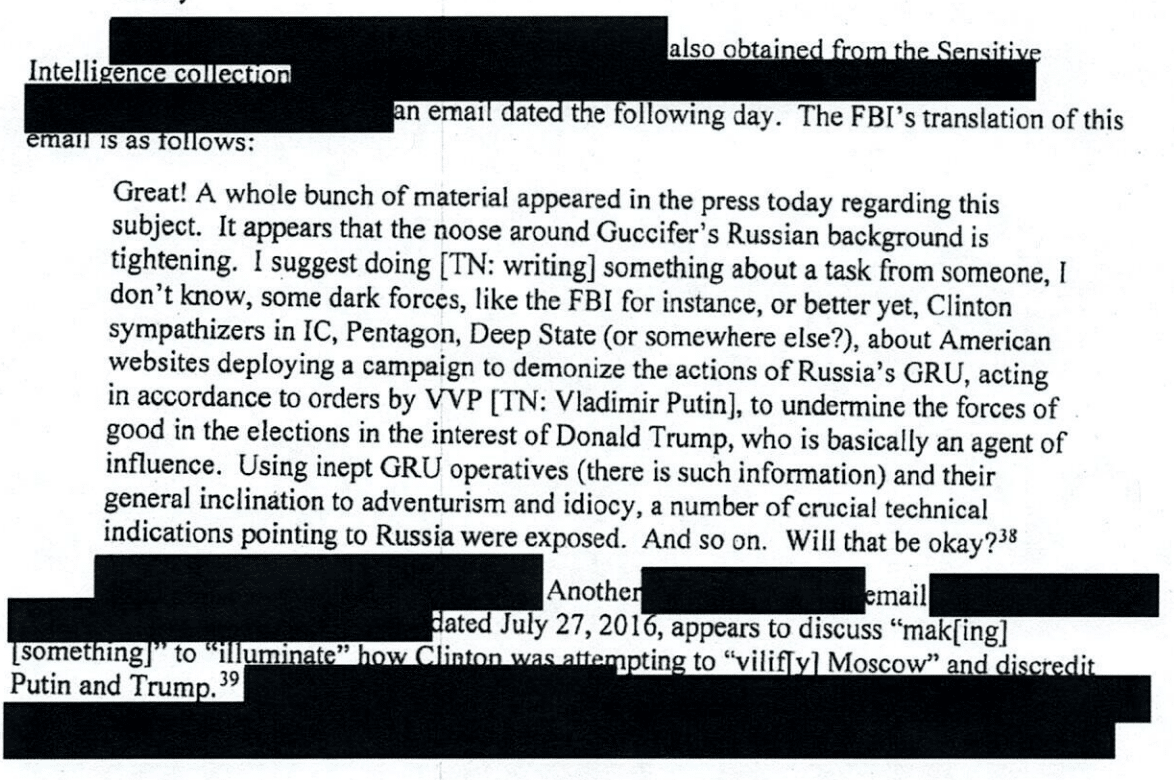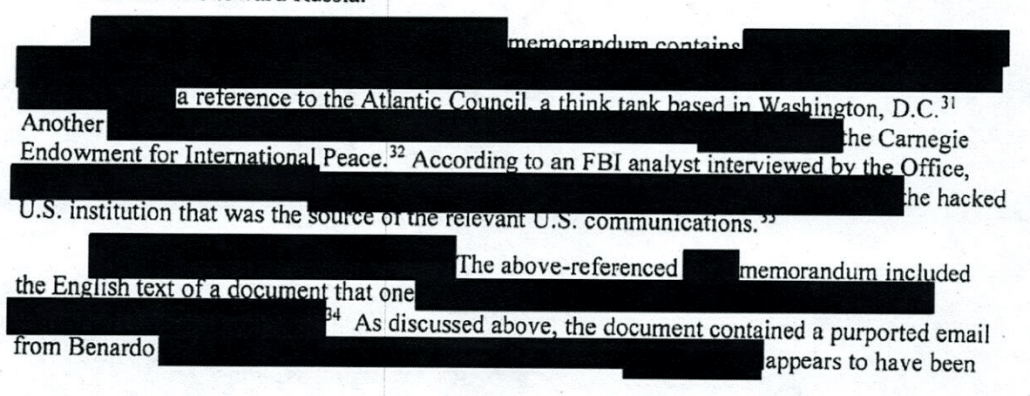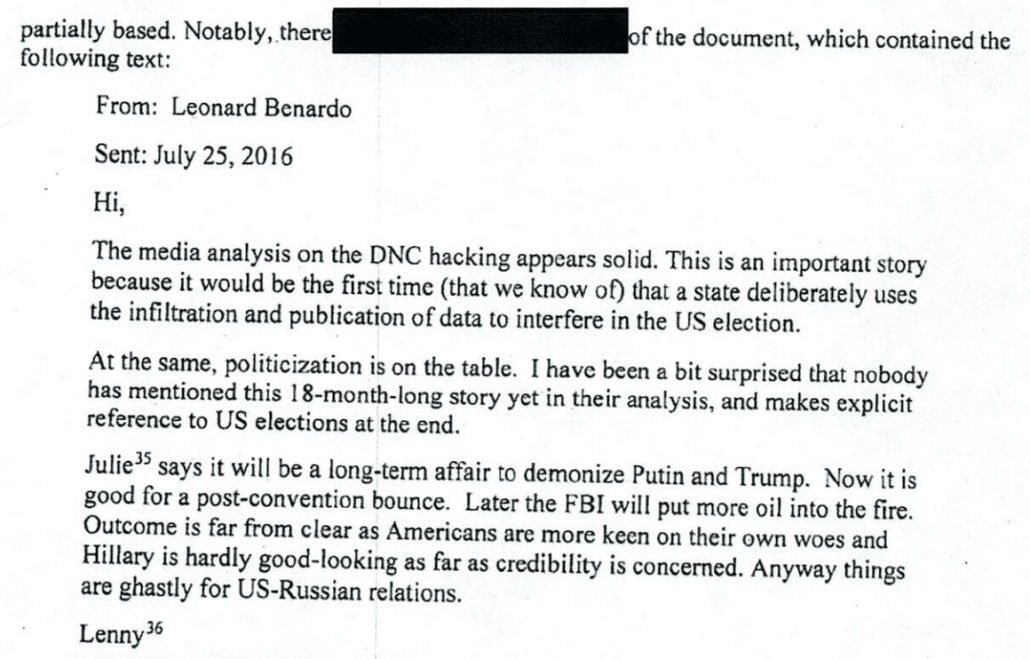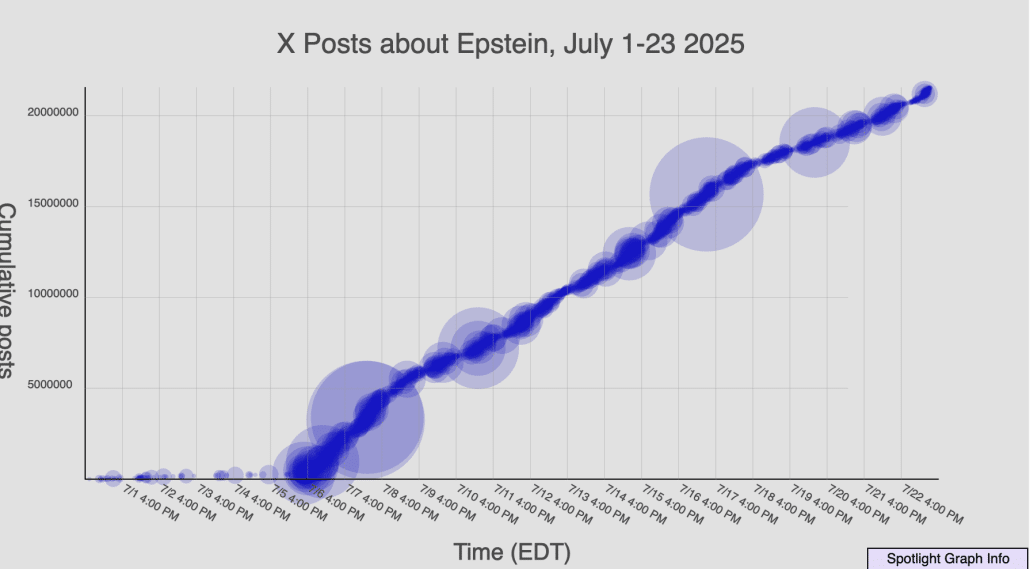Trump’s Attempt to Repackage His Capitulation in Ukraine
The other day, Axios posted a ridiculous column (with Mike Allen as the first byline) beginning to lay the groundwork for Trump to repackage imminent failure on Ukraine. It starts by allowing senior White House officials anonymously and vaguely blame Europeans for Trump’s failure to craft a deal.
Frustrated Trump aides contend the blame should fall on European allies, not on Trump or even Russian President Vladimir Putin.
All three bases for that blame in the column are ridiculous:
- “White House officials are losing patience with European leaders, whom they claim are pushing Ukraine to hold out for unrealistic territorial concessions by Russia.”
- “U.S. officials believe [Countries besides the UK and France] want the U.S. to bear the full cost of the war, while putting no skin in the game themselves.”
- Europeans aren’t prepared to add sanctions against Russia, even though, “European countries are already working on a new set of sanctions against Russia.”
What appears to have happened is that Mike Allen let a bunch of White House officials make ridiculous claims with no pushback.
The latter half of the column (Barak Ravid is the second byline) ends with a description of another pointless Steve Witkoff meeting:
The latest: On Friday, Trump’s envoy Steve Witkoff and Zelensky’s chief of staff Andriy Yermak met in New York.
They discussed the potential Zelensky-Putin meeting and Yermak invited Witkoff for a first visit to Kyiv, but no significant progress was made, a source with knowledge of the meeting said.
The story comes after three more stories documenting how fucking incompetent Witkoff is. On Thursday, the Atlantic described how Putin confused Witkoff.
utin told Witkoff that, in return, Russia would be willing to give up its legal claim to two territories in southern Ukraine, Zaporizhzhia and Kherson, that Russia has partially occupied since its February 2022 invasion. Witkoff, according to the U.S. and European officials, entertained this proposal. But the question of what would become of the thousands of Russian soldiers stationed in those regions was never addressed, the officials told us. Their continued presence would be a nonstarter for Ukraine, but Putin conveniently left the matter out, and Witkoff never asked.
This became apparent to European officials in their discussions with Trump-administration officials following the meeting in Moscow. European officials were “confused about the phrasing,” as one European official put it, of what Putin and Witkoff had tentatively agreed to. They made calls to their American counterparts and warned that if Russia wasn’t required to withdraw from Ukrainian territory, it would almost certainly launch more attacks when the opportunity arises.
Asked about any confusion surrounding Witkoff’s discussions, a White House official said that Trump and his national-security team continue to engage with Russian and Ukrainian officials, but that “it is not in the national interest to further negotiate these issues publicly.”
[snip]
Putin, a former Russian intelligence officer skilled in the art of mixed messages, views conquest of Ukraine as essential to his goal of restoring Russia to its Soviet-era glory. And European officials said they fear that Witkoff’s limited knowledge of the conflict’s deep history is a major vulnerability. Witkoff, a real-estate executive and longtime friend of Trump’s, is seen as a shrewd businessman and one of the few people in Trump’s inner circle who truly speaks for the president. He assumed the role of envoy, however, with no prior government or diplomatic experience.
That same day, Reuters provided a similarly comical description of how Witkoff got played, adding the detail that Witkoff had no notetaker with him in Russia.
On an August 7 call with several European leaders, Witkoff indicated that Putin was willing to withdraw from the Ukrainian regions of Zaporizhzhia and Kherson in return for Kyiv ceding Donetsk and Luhansk, according to a source familiar with the exchange.
The proposal startled many of those on the call, since it departed sharply from their own assessments of Putin’s position, said four people with knowledge of the discussions, including U.S and European officials who requested anonymity to discuss sensitive matters.
Witkoff appeared to change his account the next day. In a call convened by U.S. Secretary of State Marco Rubio with European national security advisers, the envoy said Putin was not in fact offering to withdraw from the two territories in question, according to one of the sources.
Instead, U.S. officials indicated on the call Putin had signaled lesser concessions to Washington, including that he would not demand the West formally recognize Zaporizhzhia and Kherson as Russian, said a separate U.S. official.
Reuters couldn’t independently determine what was said in the Moscow meeting.
Witkoff, a real estate magnate with no background in diplomacy, broke with standard protocol by going to the meeting without a State Department notetaker and thus left without a record of Putin’s precise proposals, said one source with knowledge of internal administration dynamics.
A Politico story the next day generated a full-fledged social media attack on Felicia Schwarz, because she highlighted the many bozo anecdotes about Witkoff …
Trump’s unconventional fixer has met Putin five times over six months, but he has yet to translate his access to the Russian leader into any breakthroughs on Ukraine.
There were many barriers to the summit in Anchorage yielding results — Putin’s unwillingness to make significant concessions to end his war against Ukraine the major one, but many of those familiar with Witkoff’s role in the negotiations with Russia say he has made talks more difficult.
[snip]
“He’s kind of a rogue actor,” said a U.S. official familiar with Witkoff’s diplomatic style. “He talks to all these people, but no one knows what he says in any of these meetings. He will say things publicly but then he changes his mind. It’s hard to operationalize that.”
Witkoff’s Washington office is sparsely staffed, and short on people with Russia expertise or experienced in complex diplomatic negotiations. And he has refused to do typical consultations with Russia and Ukraine experts in and outside of government, according to the five people familiar with internal discussions.
[snip]
His staff, to the extent he has any, often doesn’t know where he is or what he is doing, according to four people familiar with the dynamics of the office. They said he spends most of his time at his office in the White House, while the rest of his team is at the State Department.
“The thing is, Witkoff isn’t consistently engaged. He will pop in for a visit to Vladimir Putin, say a bunch of stuff, not tell anyone what really happened and then just fuck off to his life again. Meanwhile, the Russians are talking to you about how ‘Witkoff says…’ and you don’t know whether they’re right or not, but you can’t get a readout from the Russians,” the U.S. official said.
JD Vance wrote a 350-word Xitter post accusing Schwarz — whose described sources include European, Russian, and US sources — of participating in a foreign influence operation, an accusation that might serve to rationalize an attempt to spy on her.
This story from Politico is journalistic malpractice. But it’s more than that: it’s a foreign influence operation meant to hurt the administration and one of our most effective members.
Notice how all of the people attacking Steve are on background? That means it’s two or three deep staters who are angry that Witkoff has succeeded where they’ve failed.
You know what this “reporter” left out to make room for anonymous quotes?
The full quote from the sitting vice president, on the record.
A quote from the secretary of the state, on the record.
A quote from Jared Kushner, on the record.
The full quote from the UK’s Jonathan Powell, one of the most respected national security people in the Western World, who defended Steve vigorously from these malicious smears.
The person who wrote this garbage is @felschwartz. Aside from the failure to include on the record information directly contradicting her reporting, I wonder if she ever asked herself why these anonymous sources came to her at this moment with this particular story. They have an agenda to blow up the president’s efforts to make peace, and they saw her as a useful vessel to launder garbage into the conversation, truth be damned.
There are two possible explanations: Felicia is just not very smart, and allowed herself to be used by deep state con men. Or she’s in on it, and used her position to willingly participate in a literal foreign influence operation. Either way, it’s disgraceful.
To set the record straight: Steve Witkoff is an invaluable member of our team. He did not mislead anyone on what the Russians told him and what the Russians conceded. (Trust me, I’ve seen the intel.) The fruits of his negotiations are that we have narrowed the list of open issues in the Russia-Ukraine war to a set of clearly defined issues–specifically, security guarantees and territorial concessions.
Maybe we make peace, and maybe we don’t. If we do, it will be because Steve Witkoff and the President of the United States worked their tails off, in the face of outright lies from the mainstream press.
Remember: as JD claims he knows better than Russian experts, Tulsi Gabbard is withholding their own intelligence on Russia even from Five Eyes partners. And Tulsi purged the top Russian expert who largely prepared the Alaska meeting over John Ratcliffe’s support by stripping her security clearance.
In the days leading up to President Donald Trump’s Aug. 15 Alaska summit with Russian President Vladimir Putin, one of the CIA’s senior-most Russia experts worked grueling hours, helping Trump and his team prepare for high-stakes diplomacy over Ukraine and making sure they were adequately briefed, according to a former agency colleague.
Four days later, the CIA officer — whom The Washington Post is not naming for her protection — was at work at the spy agency’s Langley headquarters when she was abruptly ordered to report to the security office. She was informed that her clearance to look at classified material was being stripped. In a span of minutes, her 29-year career in public service was essentially over.
The officer had been expecting an imminent move to Europe to take up a prestigious assignment approved by CIA Director John Ratcliffe.
Instead, she became the latest casualty of a widening cull by Trump and Director of National Intelligence Tulsi Gabbard, fueled at times by far-right activist Laura Loomer, targeting national security professionals whom they deem to have engaged in “politicization or weaponization of intelligence to advance personal, partisan, or non-objective agendas,” according to Gabbard’s Aug. 19 memo announcing the revocation at Trump’s direction of security clearances.
Jared Kushner’s endorsement of Witkoff may suggest the fondness for Witkoff have more to do with plans to forcibly remove the population of Gaza so Kushner can turn it into a golf resort.
A postwar plan for Gaza circulating within the Trump administration, modeled on President Donald Trump’s vow to “take over” the enclave, would turn it into a trusteeship administered by the United States for at least 10 years while it is transformed into a gleaming tourism resort and high-tech manufacturing and technology hub.
The 38-page prospectus seen by The Washington Post envisions at least a temporary relocation of all of Gaza’s more than 2 million population, either through what it calls “voluntary” departures to another country or into restricted, secured zones inside the enclave during reconstruction.
Those who own land would be offered a digital token by the trust in exchange for rights to redevelop their property, to be used to finance a new life elsewhere or eventually redeemed for an apartment in one of six to eight new “AI-powered, smart cities” to be built in Gaza. Each Palestinian who chooses to leave would be given a $5,000 cash payment and subsidies to cover four years of rent elsewhere, as well as a year of food.
[snip]
On Wednesday, Trump held a White House meeting to discuss ideas for how to end the war, now approaching the two-year mark, and what comes next. Participants included Secretary of State Marco Rubio and special presidential envoy Steve Witkoff; former British prime minister Tony Blair, whose views on Gaza’s future have been solicited by the administration; and Trump’ son-in-law Jared Kushner, who handled much of the president’s first-term initiatives on the Middle East and has extensive private interests in the region.
No readout of the meeting or policy decisions were announced, although Witkoff said the night before the gathering that the administration had “a very comprehensive plan.”
Remember, the Emirates were the vehicle via which Kirill Dmitriev was pitching bribes for sanctions relief in the first place, back in 2017 (in part, to one of Kushner’s best buddies).
JD is probably right: The Europeans and Americans who actually care about Ukraine seem intent on exposing Witkoff for the clown he is.
But it’s happening even as Trump is preparing to blame Europe for his own urgent need to capitulate to Putin.



